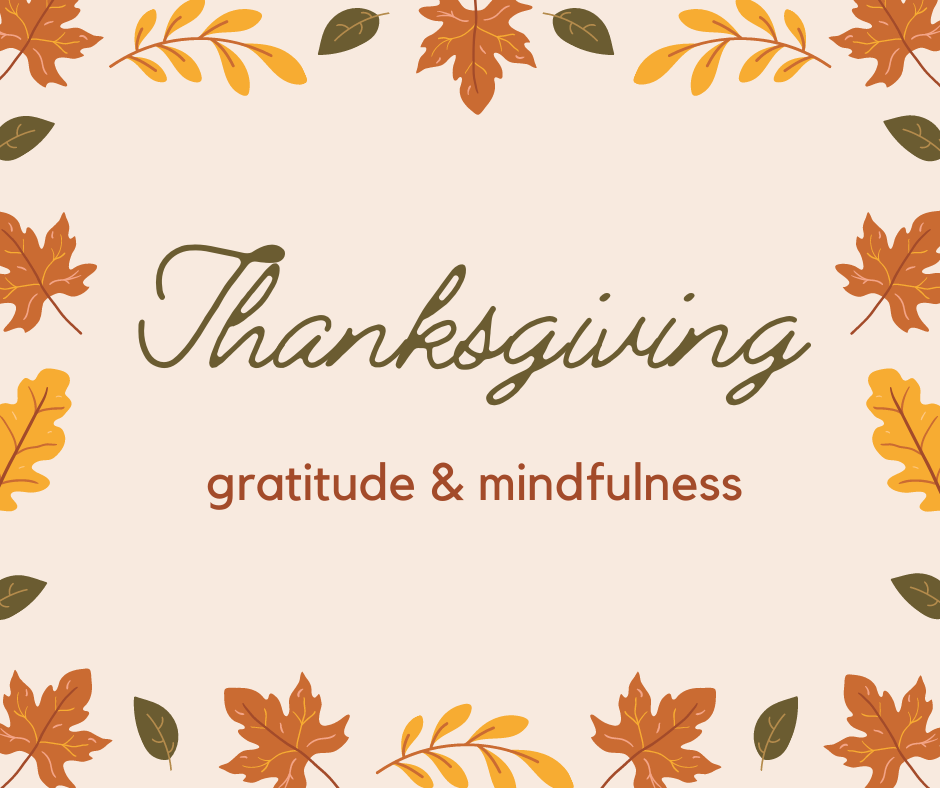Let’s give some thought to having gratitude among uncertainty. These days—for better or worse—it seems like no tradition is beyond being re-evaluated. Much has been made, for example, of how to consider Columbus Day. Should it be a holiday celebrating “the discoverer of the New World” or should it be reframed as a more somber day honoring the plight of the Native Americans who were already populating the “New World” (which wasn’t actually new, and hadn’t really been discovered by Columbus after all)?
Likewise, as this Thanksgiving Holiday approaches, many Americans wrestle with a similar dynamic. The holiday, after all, famously celebrates a feast that was shared between the early North American settlers (commonly known as the Pilgrims) with their Native American neighbors, and seen through a contemporary lens, it is problematic to celebrate a national holiday based on gratitude and community between Europeans and Natives without being mindful of the treatment indigenous peoples went on to face from American policies. The bottom line is that though such holidays are rooted in events from the past, our relationship with these holidays is based on who we are, now, in the present. If we take a step back with open hearts, perhaps we can understand that it is possible—and perhaps even necessary—to find comfort and gratitude in our traditions while at the same time having the awareness that allows us to see the bigger picture. Like so much of the world around us, Thanksgiving can be seen as a paradox, that is, two apparently conflicting premises that are both true. The holiday can denote power, beauty and high aspirations that simultaneously coexist with obvious flaws and lapses. To fully admit the reality of both doesn’t diminish Thanksgiving’s positive aspects or whitewash its negative ones.
The post you are reading right now may seem like an odd piece of writing for a nutrition therapist to be discussing, but actually, it carries a critical insight that I regularly try to communicate to my clients: if we honor our best aspirations and highest selves, gratitude can shine through our imperfections and flaws that exist at the same time. We can admit we struggle with shadows even as we focus on our light, aspiring to personify our own highest good. When we embrace gratitude, we can move forward, acknowledging that we are grateful for what we have, while at the same time we are open to see what steps we might take to be and do even better. Blindly going through the motions of celebrating without deeper context can be pleasant, but in terms of personal growth, such unmindfulness can turn out to be as much of a dead end as feeling stuck in negativity over what isn’t working for us.
So in these challenging times, let’s embrace the holiday by consciously demonstrating gratitude as we take steps to improve the things we don’t like and can change, while not getting stuck in those things we don’t like but cannot change. And please accept my wishes for a wonderful Thanksgiving.





